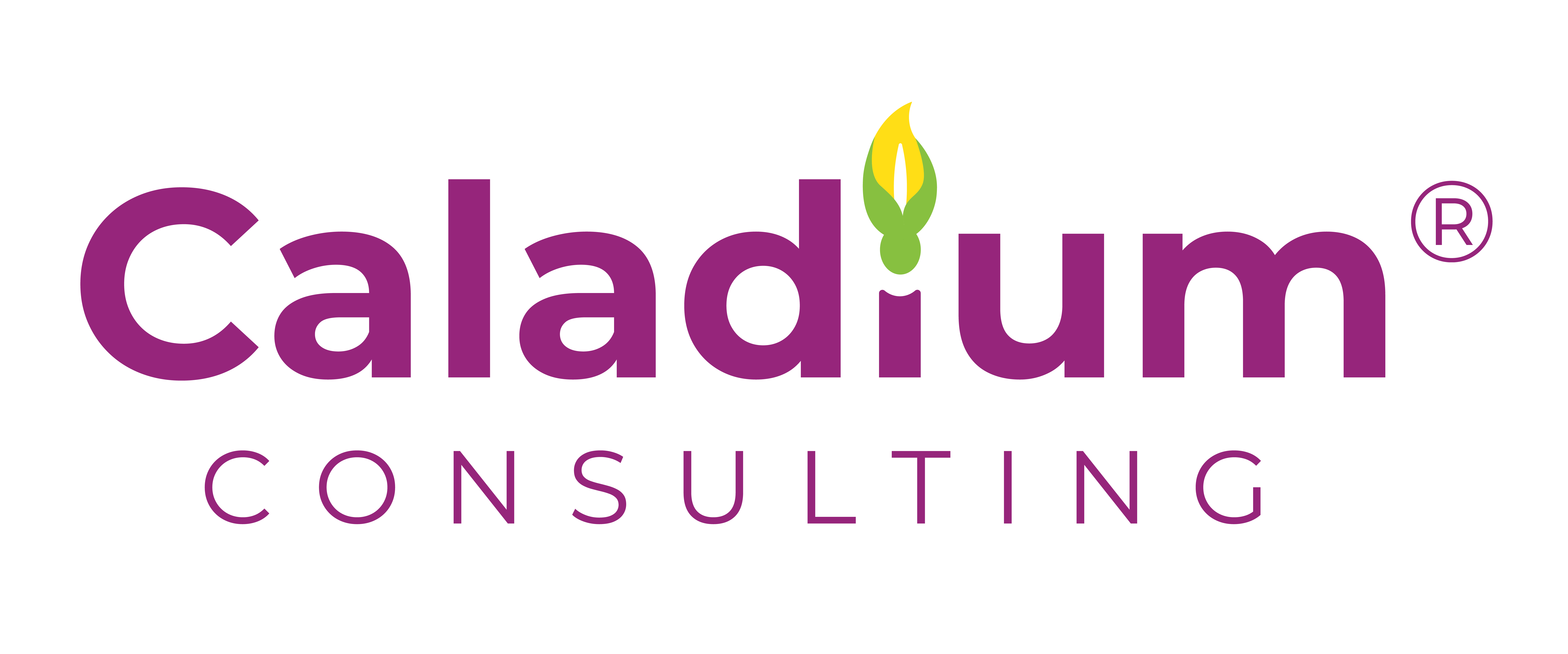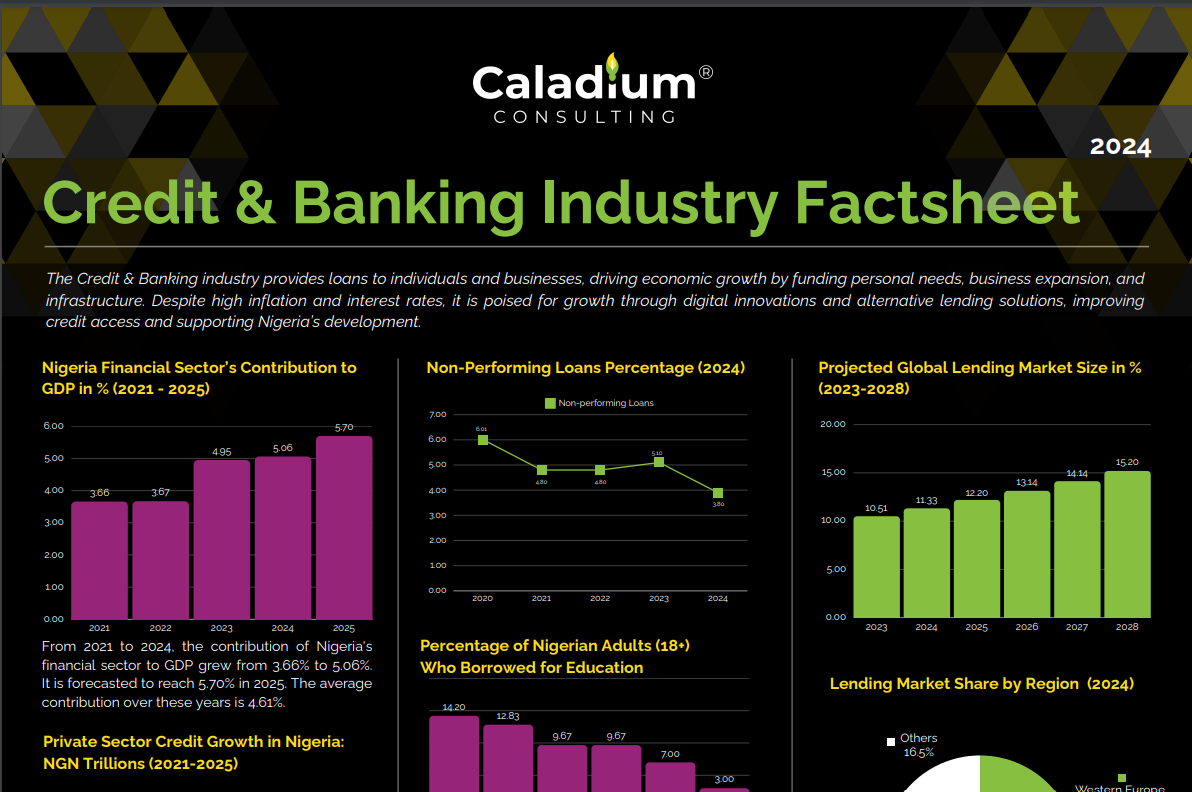Nigeria’s Construction Industry in 2024
Nigeria’s construction sector is at a turning point. Demand for infrastructure, housing, and commercial spaces is rising, but high costs, regulatory hurdles, and funding constraints pose serious challenges. Still, opportunities exist for businesses that can navigate these shifts.
Government’s Push for Infrastructure & Housing
Under the Renewed Hope Agenda, the government is investing N11.5 billion in 20,000 affordable homes. Infrastructure spending in the 2025 budget has increased to 8.16% of total expenditure, signaling a strong push to bridge Nigeria’s 550,000-unit annual housing deficit.
However, the private sector remains key. Developers and investors who embrace innovation and alternative financing will be at the forefront of Nigeria’s urban transformation.
Rising Costs & Market Volatility
The industry’s biggest challenge is soaring costs.
In 2024, Cement sold for ₦8,800 per bag, while steel bars cost ₦1.6 million per ton. Forex volatility, 33.69% inflation, and supply chain issues are driving up prices, forcing developers to either pass costs onto buyers or stall projects.
For firms, efficiency is now a survival strategy. Those that adopt cost-cutting measures, modern building materials, and innovative financing will have the edge.
Key Industry Challenges
- Funding gaps: Many firms struggle to finance large projects.
- Project inefficiencies: Poor management leads to delays and cost overruns.
- Intense competition: The market is crowded with both new and established players.
Yet, despite these hurdles, the industry remains a major driver of economic growth. With the rise of smart cities, green buildings, and renewable energy-driven construction, forward-thinking players have huge opportunities to shape Nigeria’s future.
Want More Insights? Our 2024 Nigerian Construction Industry factsheet dives deeper into these trends, opportunities, and market data.



